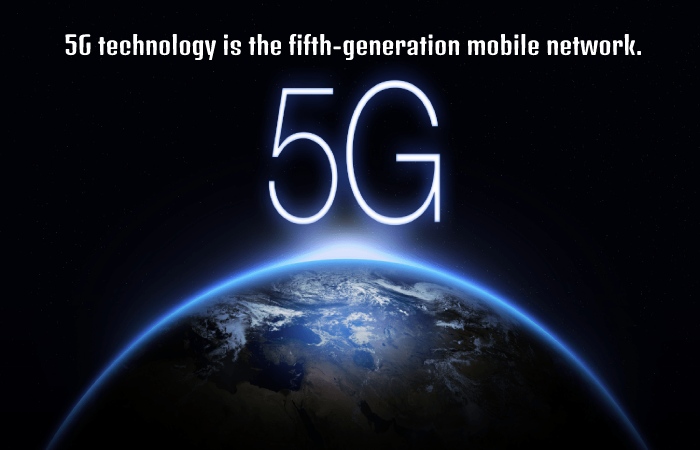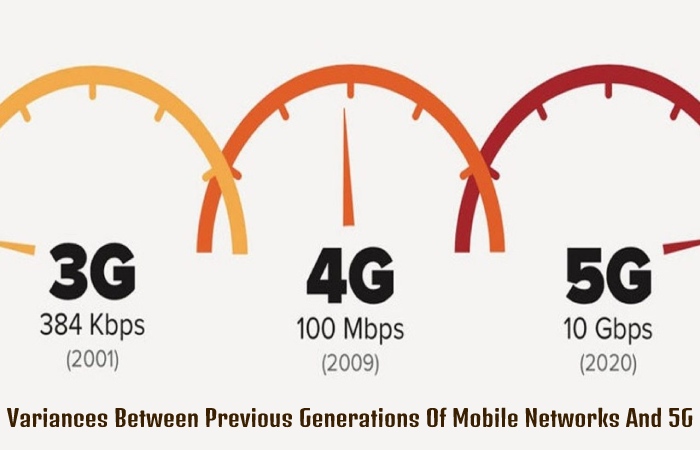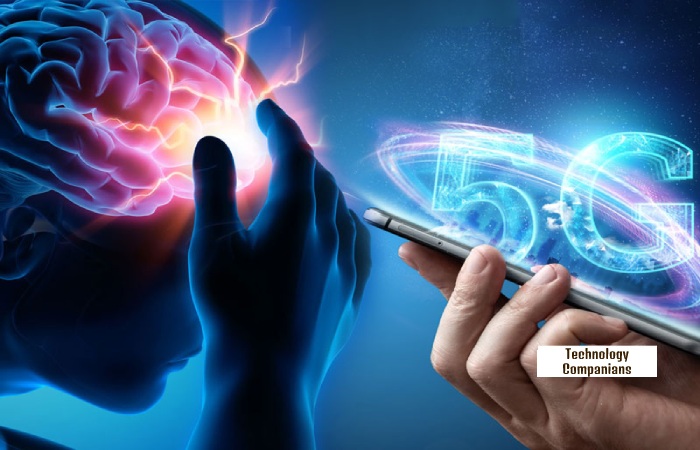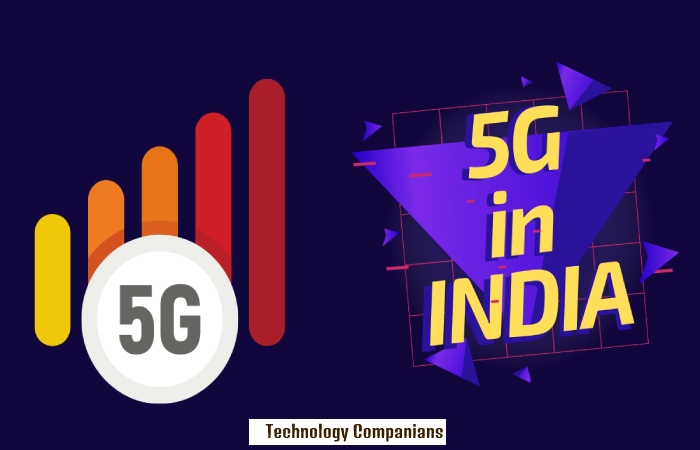Table of Contents
What is 5G Technology?
5G technology is the fifth-generation mobile network. It is a new worldwide wireless typical after 1G, 2G, 3G, and 4G networks. 5G enables a new network to connect virtually anyone and everything, including machines, things, and devices.
5G wireless technology is intended to deliver higher multi-Gbps peak data rates, ultra-low latency, higher reliability, huge network capacity, longer uptime, and a smoother user experience for more users. Higher performance and greater efficiency enable new user experiences and connect new industries.

Who Invented 5G Technology?
No business corporation or person owns 5G, but more companies within the mobile ecosystem are helping to bring 5G to life. Qualcomm has played a prominent role in inventing the many-core technologies that drive the industry and makeup 5G, the following wireless standard.
3rd Generation Partnership Project
At the core of the 3rd Generation Partnership Project (3GPP), the industry association that defines global specifications for 3G UMTS (including HSPA), 4G LTE, and 5G technologies.
3GPP is the source of many essential inventions in all aspects of 5G design, from the air interface to the service level. Other 3GPP 5G members series from infrastructure providers and component/device manufacturers to mobile network administrators and vertical service providers.
5G relies on OFDM (Orthogonal Frequency-Division Multiplexing), modulating a digital signal across multiple channels to reduce interference. 5G uses the 5G NR air interface along with OFDM principles. And also, 5G also uses higher bandwidth technologies such as frequencies below 6 GHz and mmWave.
Like 4G LTE, 5G OFDM operates on the same principles as mobile networking. The new 5G NR air interface can improve OFDM to provide a much higher degree of flexibility and scalability. It could offer more 5G access to more people and things for different use cases.
5G will fetch wider bandwidths by expanding spectral resources, from less than 3 GHz used in 4G to 100 GHz and beyond. And also, 5G can operate in the lower two bands (for example, below 6 GHz) and mmWave (for example, at 24 GHz and above), which will bring extreme capacity, multi-Gbps throughput, and low latency.
5G is not only designed to deliver faster and better mobile broadband services than 4G LTE, but it can also expand into new service areas such as critical communications and IoT connectivity. It is made likely by many new 5G NR air interface design methods, such as a new standalone TDD subframe strategy.
What Are The Variances Between Previous Generations Of Mobile Networks And 5G?
The earlier generations of mobile networks are 1G, 2G, 3G, and 4G.
First-generation – 1G
The 1980s: Analogue voice provided by 1G.
Second generation – 2G
Beginning of the 90s: 2G introduces digital voice (e.g. CDMA-Code Division Multiple Access).
Third generation – 3G
Beginning of the 2000s: 3G brought mobile data (e.g., CDMA2000).
Fourth-generation – 4G LTE
The 2010s: 4G LTE ushers in the era of mobile broadband.

1G, 2G, 3G, and 4G have led to 5G, designed to provide more connectivity than ever before.
5G is a unified and more efficient air interface. It has been designed with the extended capability to enable next-generation user experiences, enhance new delivery models, and deliver new services.
5G will expand the mobile ecosystem into new areas with fast speeds, superior reliability, and negligible latency. 5G will impact all industries, making safer transportation, remote healthcare, precision agriculture, digital logistics, and more a reality.
How is 5G Better Than 4G?
There are several reasons why 5G will be better than 4G:
Firstly, 5G is significantly faster than 4G
Secondly, 5G has more capacity than 4G
5G has much lower latency than 4G
5G is a unified platform that performs better than 4G
Lastly, 5G uses the spectrum better than 4G
How will 5G Technology Affect Me?

5G do different things that can alter our survival, together with faster download speeds, lower latency, and greater capacity and connectivity for billions of devices, especially in the areas of virtual reality (VR), IoT., and artificial intelligence (AI).
For example, with 5G, you can access new and improved participations, with near-instant access to cloud services, augmented reality shopping, multiplayer cloud gaming, real-time video translation and collaboration, and more.
How Fast is 5G Technology?
5G is considered to deliver peak data rates of up to 20Gbps based on IMT-2020 requirements. Qualcomm Technologies’ flagship 5G solution, Qualcomm® Snapdragon ™ X65, is designed to achieve a peak data rate downlink of up to 10Gbps.
But 5G isn’t just about its speed. In addition to advanced peak data rates, 5G offers much more network capacity by increasing into a new spectrum, such as mmWave.
5G can also offer much lower latency for more immediate response and a smoother overall user experience. Data speeds remain consistently high, even when users are on the go. And the original 5G NR mobile network is supported by a Gigabit LTE coverage base, capable of providing ubiquitous Gigabit-class connectivity.
Is 5G technology Now Available?

Yes, 5G is already here today, and worldwide operatives started rolling out new 5G networks in early 2019. Plus, all major phone manufacturers are marketing 5G phones. And soon, even more, people will be able to access 5G.
5G rolls out in more than 60 countries. We see much faster implementation and adoption than 4G.
Consumers thrills about the high speeds and low latencies. But 5G goes beyond these assistances by also offering the possibility of mission-critical services, improved mobile broadband, and massive IoT. While it is problematic to predict when everyone will have access to 5G, we see significant momentum for 5G launches in its first year and expect more countries to roll out their 5G networks in 2020 and beyond.
Do I Require A New Phone If I Want 5G Technology?
Yes, you will need to get a new smartphone that supports 5G if you use the network. For example, smartphones powered by Snapdragon 5G mobile platforms are compatible with 5G.
Several new mobile phones support 5G, and more and more carriers worldwide are supporting the 5G wireless network. As the 5G rollout timeline advances, more smartphones and carrier subscriptions will become available as 5G technology, and 5G-enabled devices become more popular.
